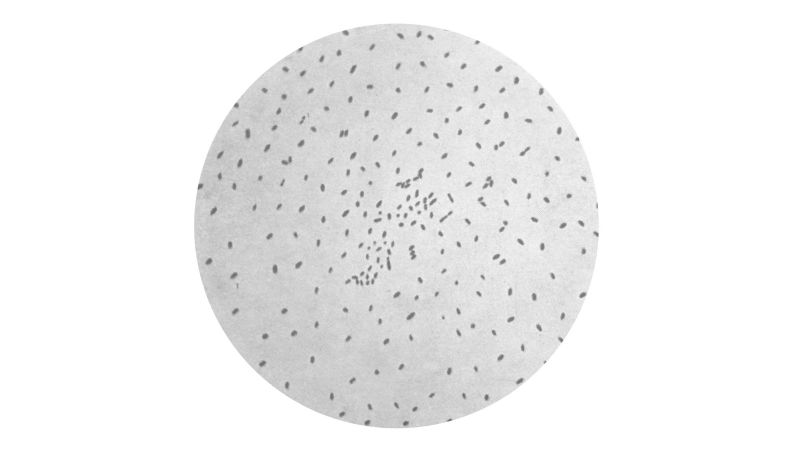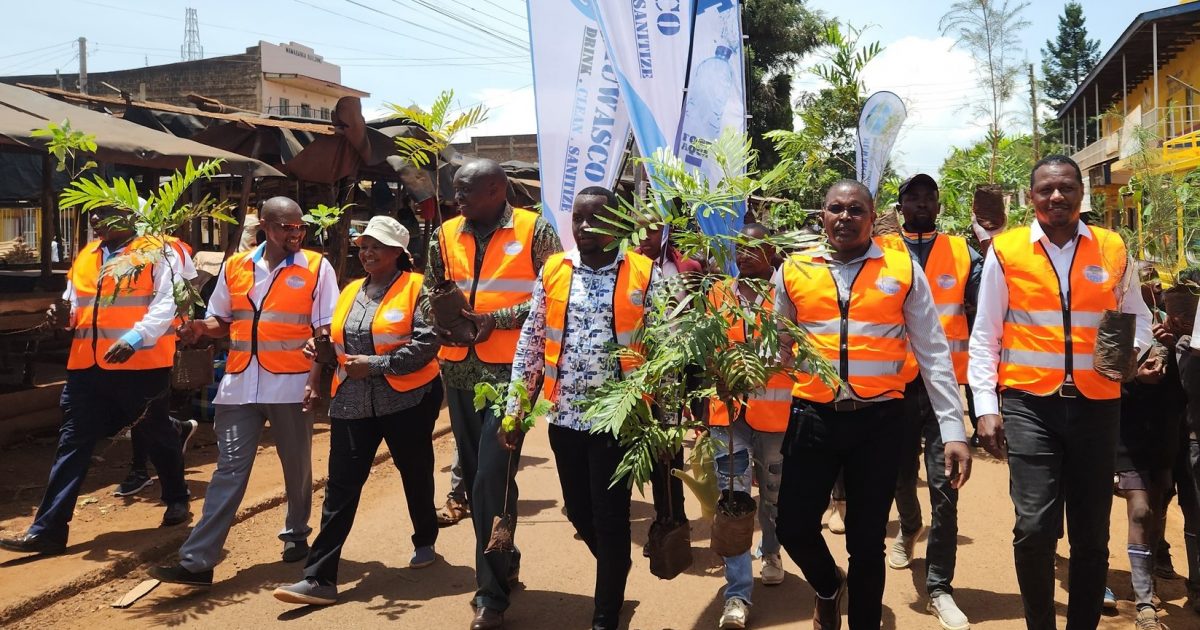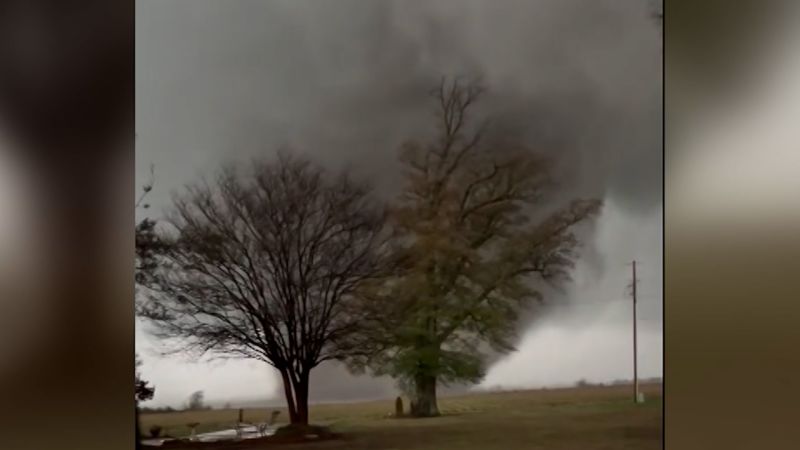
In his 20 years working in pediatric infectious disease, Dr. John Schieffelin has never seen another illness like pertussis. Also known as whooping cough, it’s a contagious respiratory illness that can develop into a painful, full-body cough.
The coughing fits can be severe, often accompanied by a whooping sound when the person tries to catch their breath. And it’s continuous, even if a person needs to be placed on a ventilator, says Schieffelin, an associate professor of pediatrics at Tulane University. “For infants, it’s really rather terrifying,” he said.

“They’re just coughing so much, they can’t eat, they can’t drink, and they often get a pneumonia, which means we have to put them on a ventilator. ..
. They just never stop coughing.” In Louisiana, two infants have died of pertussis in the past six months, according to the state health department, the first deaths from the disease in the state since 2018.
Louisiana has had 110 cases cases of pertussis reported so far this year, the health department said – already approaching the 154 cases reported for all of 2024. Cases are on the rise nationally, too. There were more than 35,000 cases of whooping cough last year in the US, the highest number in more than a decade , and 10 people died — six of them less than 1 year old.
Experts say they see peaks and valleys with these kinds of illnesses over the years, but there have been about 6,600 cases already in 2025, almost four times the number at this point last year. “When you start to see these outbreaks ..
. it tends to be as a result of that increased circulation of the microbe in the community, as well as populations with no immunity or reduced immunity that are susceptible to the infection,” said Dr. Lisa Morici, a professor of microbiology and immunology at the Tulane University School of Medicine.
Concerned about increasing cases, experts are urging vaccination. The US had more than 200,000 cases of whooping cough every year before the vaccine was introduced. By 1948 , the vaccine was widely used, and infection rates began to drop.
They started to rise again in the 1980s, largely due to increased surveillance and some waning vaccine immunity, but fell during the Covid-19 pandemic, when spread of many infectious diseases slowed due to measures like masking and distancing. Children are recommended to get a dose of the diphtheria-tetanus-acellular pertussis, or DTaP, vaccine at the ages of 2 months, 4 months, 6 months, between 15 to 18 months and again between 4 to 6 years, according to the US Centers for Disease Control and Prevention . Adolescents should get a booster with a version of the vaccine called Tdap between age 11 and 12, and adults are urged to get Tdap boosters every 10 years.
Infants too young to be vaccinated are susceptible to the bacteria, which is why officials recommend that pregnant women get the vaccine in their third trimester, so the antibodies will be passed to the newborn. This prevents 78% of pertussis cases in young infants and is 91% effective against hospitalization, the CDC says. Another strategy that can protect infants is “cocooning,” in which members of the child’s household all get vaccinated to ensure protection, Schieffelin said.
Boosters are recommended because protection from the vaccine can fade over time , which may be one reason for the ongoing outbreaks. Declining vaccination rates are another reason. The percentage of US kindergartners who received the DTaP vaccine has steadily declined over the past five years , leaving thousands vulnerable to infection.
Organizers within the state say that although many people have become hesitant about vaccinations, another issue is a lack of access. “Especially in a state like Louisiana, we’ve got a lot of poverty. We’ve got a lot of rural populations, and not everyone has access to regular medical care,” said Dr.
Jennifer Herricks, founder of Louisiana Families for Vaccines, a nonprofit that educates about vaccination. She says this is what makes state services and messaging even more important. Pertussis cases in Louisiana are rising just weeks after the state Department of Health said it was ending vaccine promotion through events like health fairs.
“The State of Louisiana and LDH have historically promoted vaccines for vaccine preventable illnesses through our parish health units, community health fairs, partnerships and media campaigns,” Surgeon General Dr. Ralph Abraham wrote in a memo. “While we encourage each patient to discuss the risks and benefits of vaccination with their provider, LDH will no longer promote mass vaccination.
” The memo differentiated between seasonal vaccines, such as Covid and flu vaccines, usually given at the state’s mass vaccination clinics and routine childhood vaccines, which it called “an important part of providing immunity to our children.” But local officials still expressed concern about the message being sent to residents. “When you cast aspersions or doubt about the safety and efficacy of one vaccine, I think it really has a ripple effect for all vaccines,” said Dr.
Jennifer Avegno, director of the New Orleans Health Department. Last week, Abraham shared vaccination guidelines on Facebook while acknowledging the pertussis deaths and increasing cases in the state. “I’ve been encouraged that our state Department of Health is putting out good messaging about pertussis, but I worry that it’s going to get sort of lost in the in the shuffle,” Avegno said.
“It’s maybe too little, too late.” CNN’s Deidre McPhillips contributed to this report..















